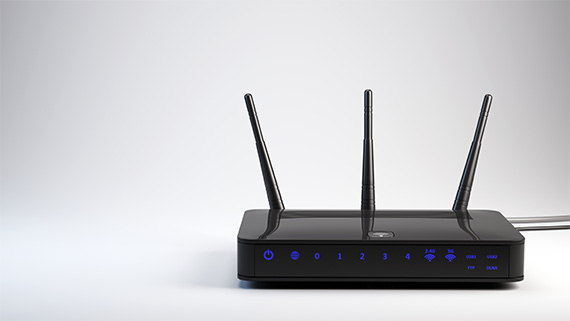Enhancing Cloud-based Resource Administration Strategies for Enhanced Efficiency in Multi-Dwelling Residences
Enhancing Cloud-based Resource Administration Strategies for Enhanced Efficiency in Multi-Dwelling Residences
Blog Article
In the current society, numerous individuals reside in multi-dwelling units, such as apartment complexes and condominiums. These structures frequently share resources like electricity, water, and internet connections. Overseeing these resources efficiently is crucial for not only the ecosystem and the residents' comfort. Digital utility administration strategies can help enhance the effectiveness of these shared resources. Through utilizing technology and data analytics, building administrators can optimize how utilities are utilized, leading to cost reductions and a better living environment for all.
One effective approach for overseeing resources in multi-dwelling units is the use of smart measurement devices. Intelligent meters offer immediate information on power and H2O usage. This information allows property managers to identify patterns and trends in resource consumption. For example, if a particular unit uses significantly more H2O than others, the manager can examine possible drips or motivate the tenant to embrace more water-efficient habits. By addressing these concerns quickly, administrators can minimize loss and decrease service expenses for everyone tenants.
A further important aspect of digital utility administration is the adoption of energy-efficient solutions. Many multi-dwelling units can benefit from energy-efficient lighting, heating systems, and air conditioning units. Such solutions not just lower power use but also lower utility bills. Building administrators can use digital platforms to track the performance of such technologies and make adjustments as needed. For example, if a heating unit is not functioning functioning efficiently, the manager can schedule maintenance or upgrades to ensure optimal performance.
In addition to intelligent meters and energy-efficient technologies, digital utility management can enhance interaction between property managers and residents. A digital platform can provide tenants with access to their service consumption information, enabling them to track their Visit This Link consumption. This openness motivates tenants to be more mindful of their resource use. Additionally, building administrators can send notifications about maintenance timing, energy-saving tips, or neighborhood events through the platform. Improved communication cultivates a sense of community and motivates residents to engage in utility-saving initiatives.
Finally, implementing cloud utility administration strategies can result in a greater eco-friendly residential environment. Through enhancing resource consumption, multi-unit buildings can considerably lower their carbon impact. This is important not only for the residents but also for the environment. As an increasing number of individuals grow conscious of ecological issues, they are prone to appreciate living in a building that focuses on sustainability. Property managers who adopt these strategies can attract environmentally aware residents, improving the property's reputation and possibly boosting its worth. In conclusion, efficient digital resource administration is crucial for creating effective, pleasant, and sustainable residential environments in multi-unit buildings.